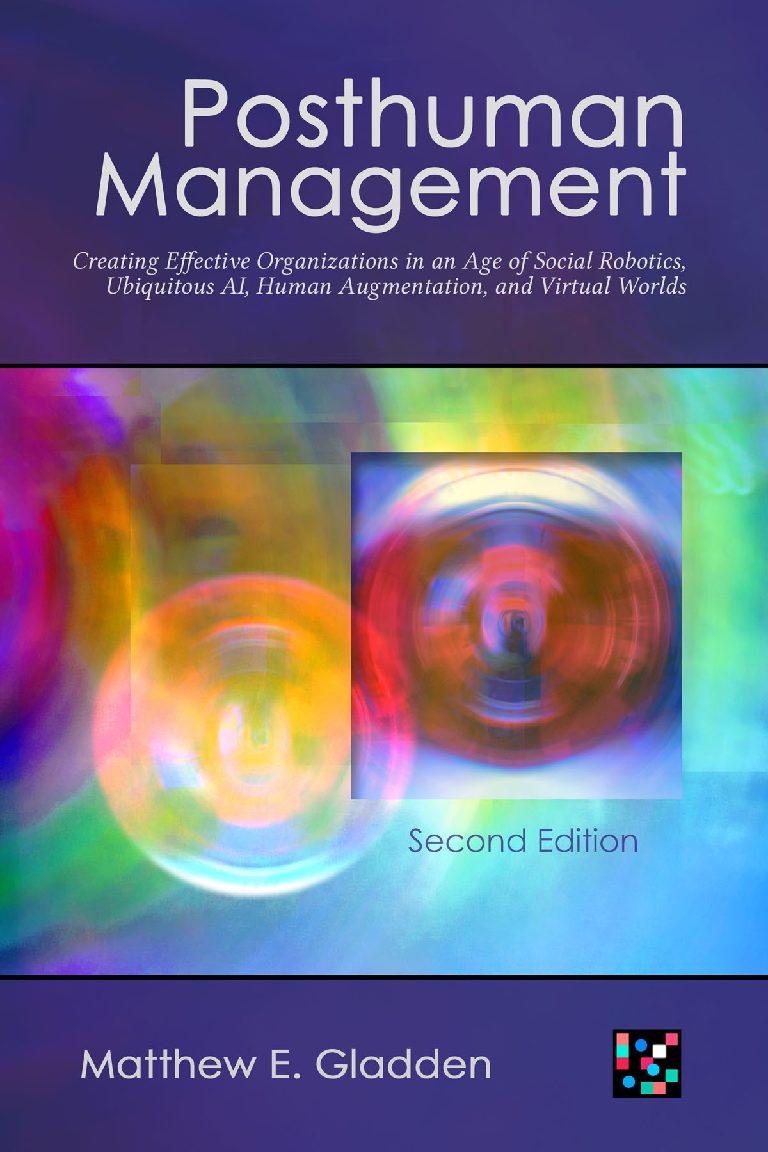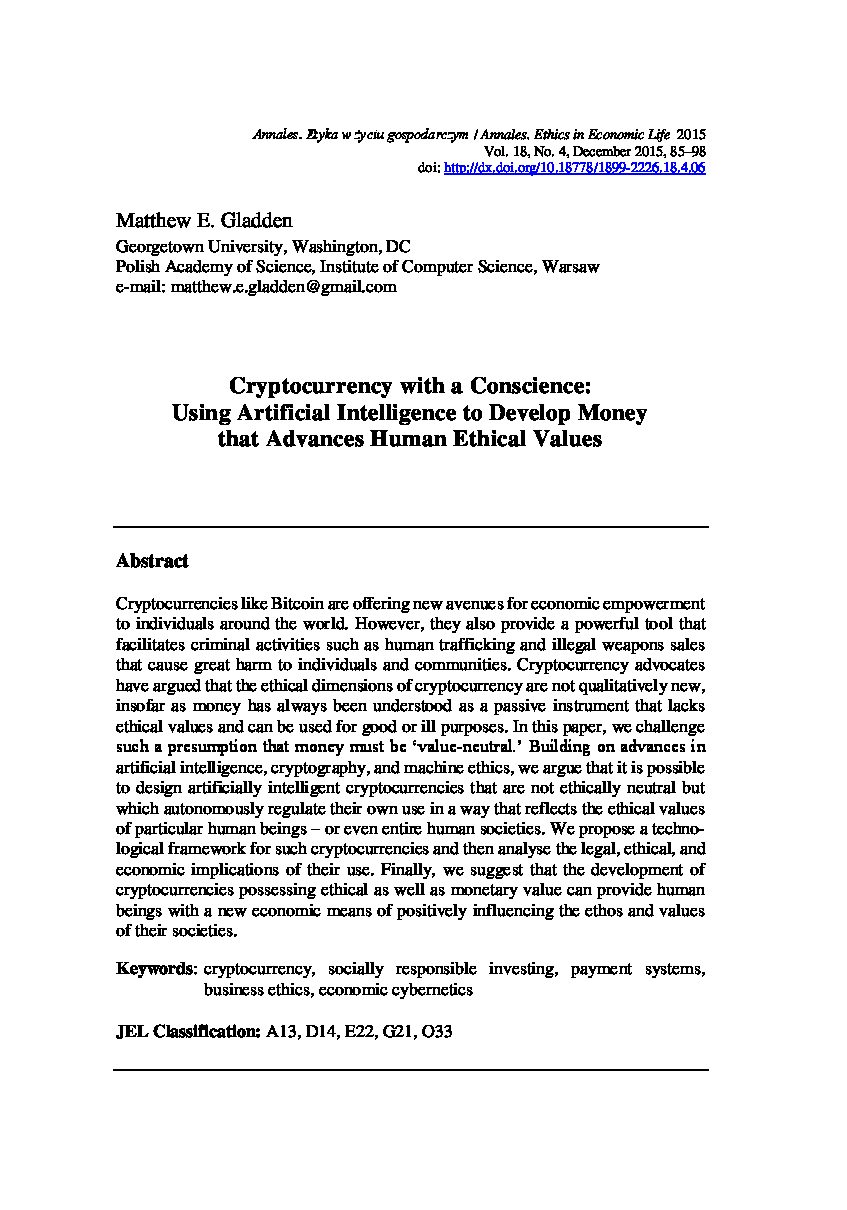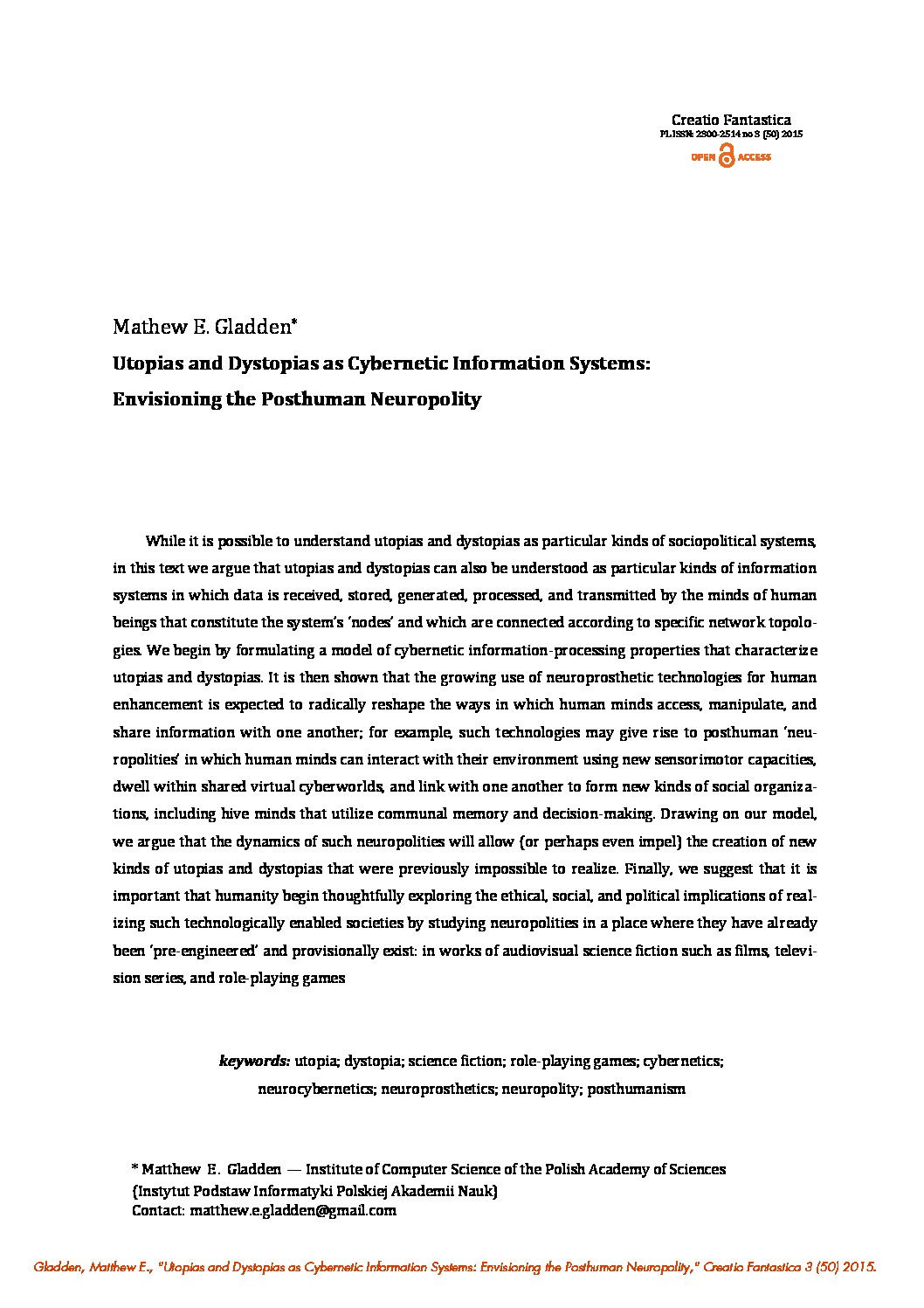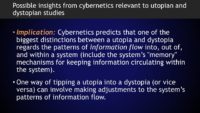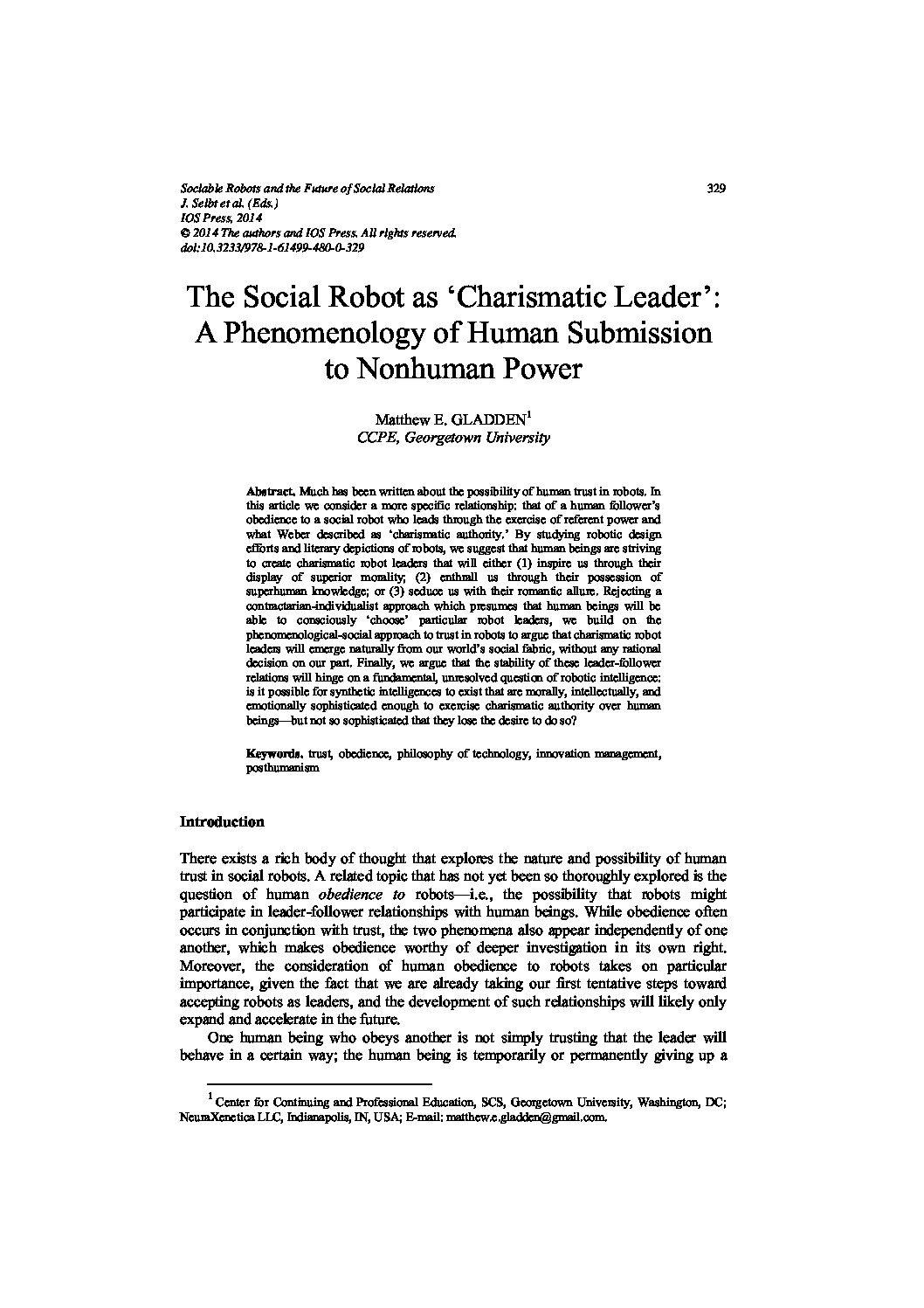Technomancy and the Conjuring of Virtual Worlds: The Utilization of ‘Digital Magical Practice’ as Organizational Strategy
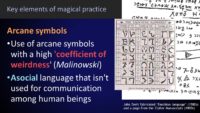
The 3rd DELab UW International Conference: Ongoing Digitalisation of Economies and Societies • Digital Economy Lab, Uniwersytet Warszawski, Warszawa • September 29, 2017
ABSTRACT: Efforts to formally define ‘magic’ and to identify the aspects that distinguish magical practice from other human pursuits have been made from both a theological perspective (e.g., St. Thomas Aquinas) and, more recently, an anthropological perspective (e.g., Frazer, Mauss, Durkheim, Malinowski, and Tambiah). Frequently cited elements of magic include its use of esoteric symbols, gestures, and speech that are only understood only by a small, elite group of initiated practitioners; its use of specially prepared ritual instruments; its attempt to harness the power of invisible, intelligent, nonhuman entities (such as demons or nature deities) to produce specific physical effects; and its attempt to manipulate hidden (or ‘occult’) forms of causality rather than obviously explicable physical causality.
As early as the 1970s, scholars noted that the practice of computer programming reflects several such aspects of magic as it is traditionally defined. For example, conventional computer programming requires mastery of an esoteric body of knowledge passed down between generations of programmers; it employs arcane symbols arranged in elaborate sequential scripts structurally similar to magical incantations; and it allows computers to perform highly complex, seemingly ‘intelligent’ behaviors by means of causal processes that may be comprehensible to programmers but which to ordinary computer users appear quite mystifying.
In this presentation, we argue that it can be expected that the ‘magical’ aspects of computing technology will be transformed and enhanced over the coming years through the development of increasingly sophisticated technologies for virtual reality (VR), artificial intelligence (AI), and ubiquitous computing (UC) that converge to create ‘magically responsive’ digital-physical ecosystems and ‘enchanted’ cyber-physical societies.

